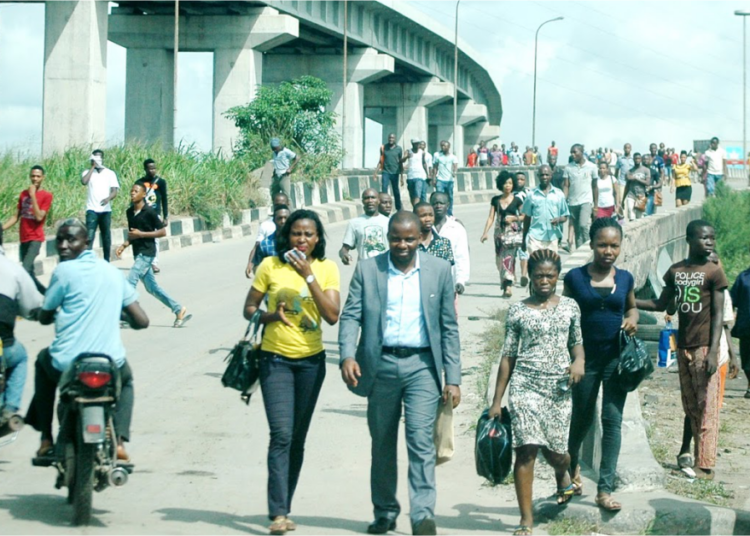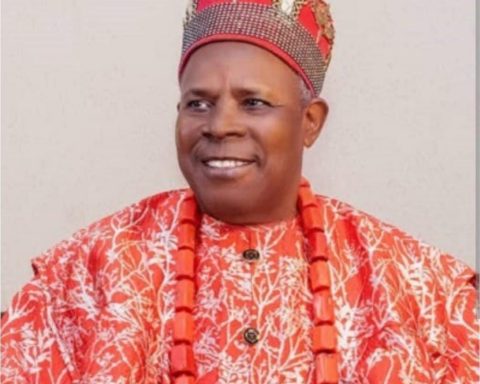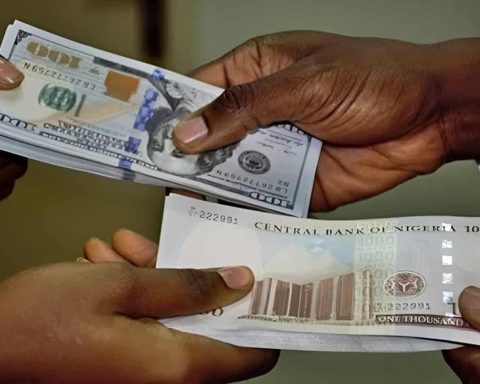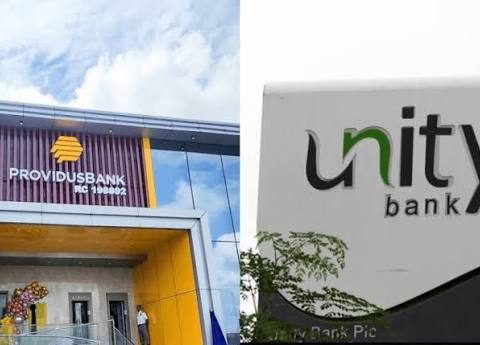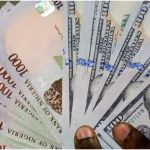Since the fuel subsidy removal on May 29, 2023, Nigerians have faced soaring petrol prices disrupting daily life and pushing many into financial hardship. With fuel costs climbing, inflation has surged, making basic necessities, especially transportation, unaffordable for most people. This report explores the profound effects of rising petrol prices on commuters and drivers in Lagos and across Nigeria.
Impact of Rising Petrol Prices on Commuters
The continuous rise in petrol prices has taken a heavy toll on Nigerians, especially those who rely on public transportation. According to the Nigerian National Petroleum Corporation Limited(NNPCL), petrol prices at filling stations in Lagos have jumped from N850 to N998, while in Abuja, the price has risen to N1,030. The impact has been devastating, especially for low-income earners.
Join our WhatsApp ChannelIsaac Johnson, a regular commuter who travels from Oshodi to Lagos Island, shared his experience: “Imagine spending N3,000 daily on transport while earning less than N150,000 monthly.” With transportation costs rising, many like Johnson are finding it difficult commuting to work. This situation is even worse for residents living in shanties and uncompleted buildings, such as those in Obalende on Lagos Island. Evelyn Osagie, a domestic worker earning N65,000 monthly, said, “Transport costs have increased by over 200%, and the government isn’t doing anything about it.”
Osagie’s case is typical of the many Nigerians whose meagre earnings are swallowed by transportation costs. She explained that walking long distances has become the only way to avoid being left with nothing after paying transport fares. For Evelyn and others like her, the steep rise in petrol prices means choosing between getting to work and being able to afford basic needs like food and rent.
E-Hailing Drivers Hit Hard by Petrol Hike
The impact of the petrol price hike has also hit commercial drivers, particularly those driving e-hailing vehicles like Uber, Bolt, and In-Drive. Drivers are being forced to renegotiate fares directly with passengers, as the prices offered by the apps no longer cover the cost of fuel. “The price the apps offer us can’t even buy fuel,” said Chukwuma Patrick, an In-Drive driver. Patrick explained that after spending N40,000 on fuel for just two rides, he barely made N25,000 revenue.
Before the subsidy removal, N40,000 worth of petrol would buy 210 litres, enough to fill three car tanks. Now, that same amount only fills one car tank. “Our customers understand that things are expensive now,” said Idris, an Uber driver, noting that passengers are becoming more willing to pay extra outside the app due to the rising fuel costs.
E-hailing drivers have no choice but to adapt to the changing situation. The high cost of petrol has forced many to abandon the app’s fare structure and instead negotiate directly with passengers to make ends meet.
A lady rider, who would not disclose her name, while narrating her experience in Port Harcourt, said: “I was stunned when the Bolt driver was re-negotiating the price on the app. Immediately I refused, he cut the line on me. And if they accept to carry you, the driver will not turn on the AC. If you want the AC, you must pay extra.”
READ ALSO: 48 Hours After Petrol Price Hike: Food, Transport Costs Remain Unchanged
Commuters Brace for Even Tougher Times
Unfortunately, there is little relief in sight for Nigerians, as the fuel crisis continues to worsen. Energy expert, Tolu Ajisafe, believes that more price hikes are inevitable due to the government’s decision to step back from regulating prices. Ajisafe warned that further devaluation of the naira could make the situation even worse, pushing petrol prices higher and worsen inflation. “If the exchange rate fluctuates again, petrol prices will increase,” he said, highlighting that the government is no longer willing to absorb the cost of petrol.
The reality is grim for millions of Nigerians who now face a future of unchecked price increases. With no government intervention in sight, petrol prices are likely to keep climbing, making daily life even harder for commuters and drivers alike. The removal of the subsidy, initially seen as a necessary reform, has turned into a burden for many Nigerians who can no longer afford the basic costs of transportation.
Daily Struggles of Ordinary Nigerians
For the average Nigerian, especially those living on the margins of society, the rise in petrol prices has translated into daily hardship. Many people living in shanties or low-income neighbourhoods are walking long distances just to make ends meet. Prime Business Africa reported that some dwellers in Lagos, who rely on menial jobs in areas like Oshodi and Isolo, are now trekking several kilometres to get to work.
A woman who washes clothes for a living in Mafoluku, Oshodi said, “We can no longer afford transport to go to work.” This story is repeated across Nigeria, where the rising cost of fuel is making it impossible for people to maintain their livelihoods.
The pain of inflation is also felt in the increased cost of goods, as transportation costs affect food prices and other essentials. The result is a vicious cycle of economic hardship, where the poor are hit hardest. The rising cost of petrol, coupled with the high cost of living, is pushing more Nigerians into poverty.
Solutions and the Way Forward
The rise in petrol prices has highlighted the need for long-term solutions to Nigeria’s economic challenges. Experts believe that greater investment in local refineries and alternative energy sources could help reduce reliance on imported fuel and stabilise prices. However, until such measures are put in place, the current situation will continue to weigh heavily on Nigerians.
For many, the removal of fuel subsidy has created more problems than it solved. The hope of economic stability seems distant, as the effects of the fuel price hike ripple through every aspect of daily life. Whether it’s commuting to work or buying food, the cost of living in Nigeria is becoming unsustainable for millions of people.
The rising petrol prices in Nigeria have caused widespread hardship, affecting transportation, goods, and services across the country. As the government continues to step back from regulating fuel prices, Nigerians are left to bear the brunt of inflation and economic instability. Without intervention, the situation will likely get worse, leaving many to face even greater struggles in the months ahead.


